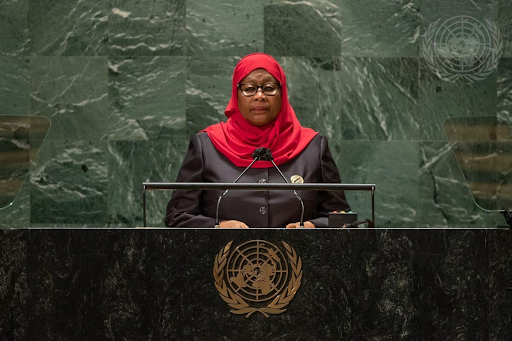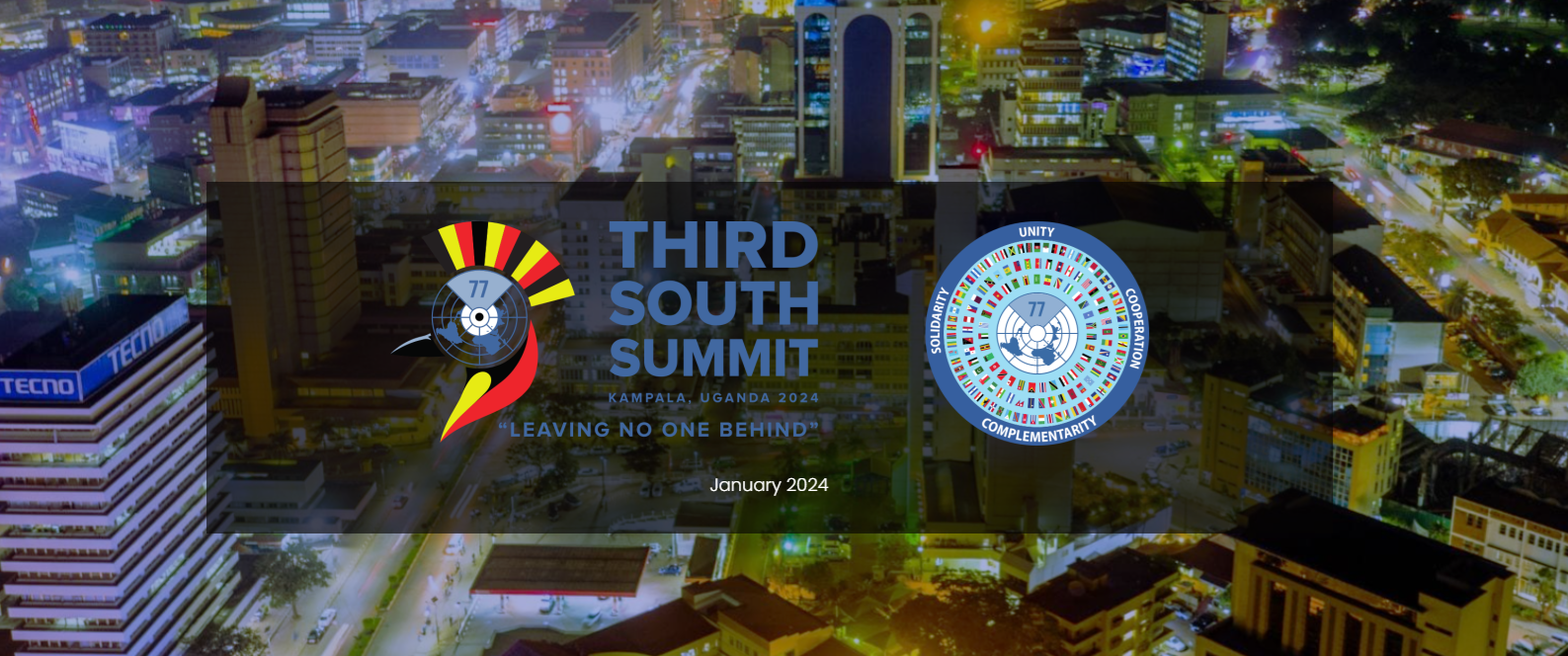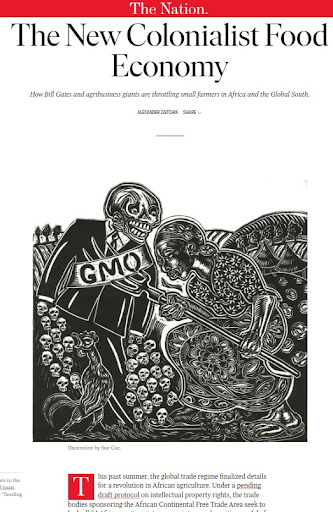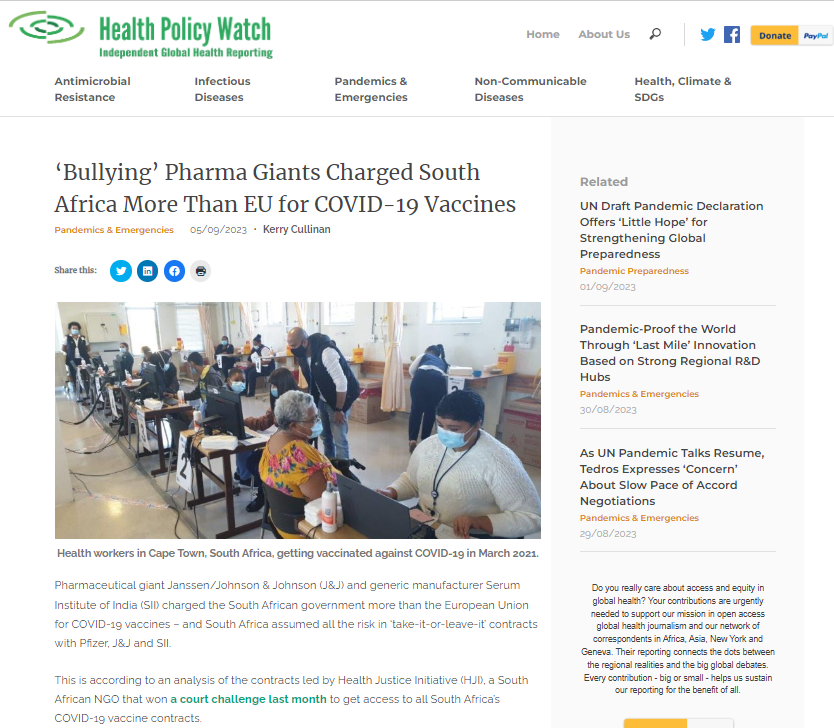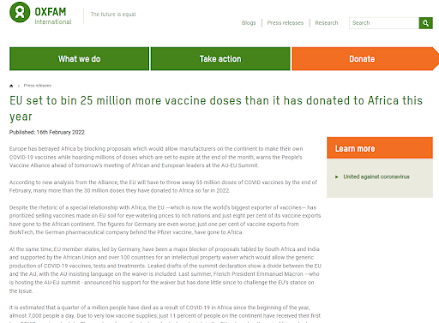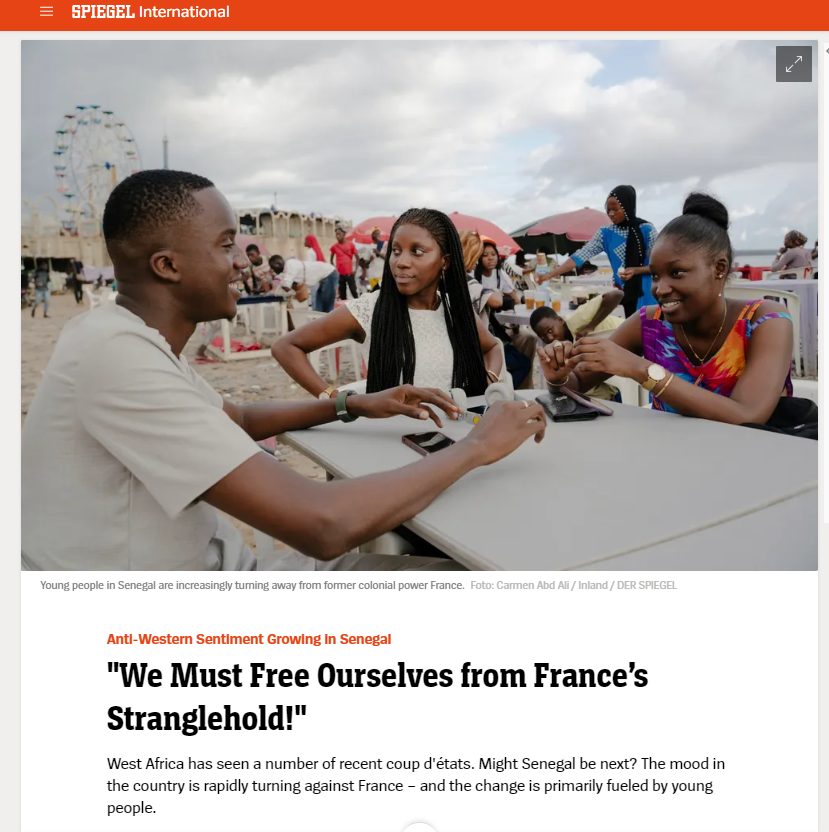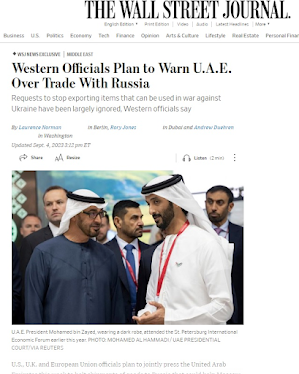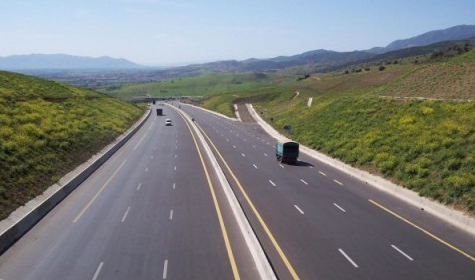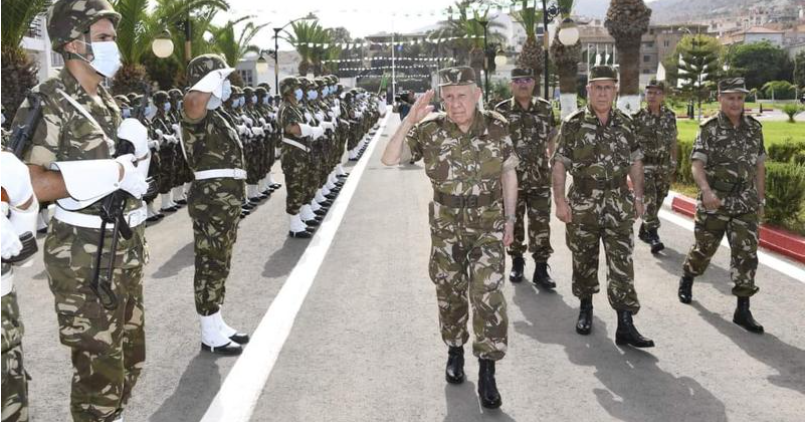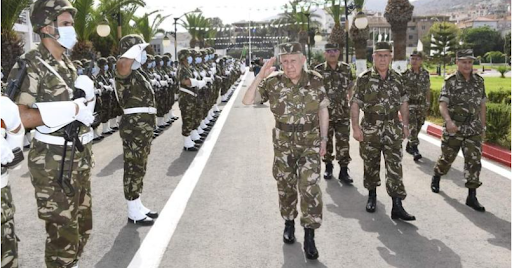
Tanzania's president dismisses two ministers as part of a constitutional amendment
Tanzanian President Samia Suluhu Hassan has dismissed two senior ministers in a major cabinet reshuffle, acting presidential communications director Sharifa Nyanga has said.
The dismissals of Foreign Minister Januye Makamba and Minister of Information, Communications and Information Technology Nabi Nnuye came amid rumours that they were secretly planning to challenge President Hassan’s re-election bid.
The current Tanzanian president took office after the death of her predecessor, populist leader John Magufuli.
In a statement issued by Tanzania’s Secretary-General Musa Kusaluka, he announced the appointment of Mahmoud Thabit Kombo as a member of parliament and minister of foreign affairs and East African cooperation. Kombo was Tanzania’s ambassador to Italy.
According to the statement, Jerry Sila will replace Nnuye as the new Minister of Information, Communications and Information Technology. Sila previously served as Minister of Lands, Housing and Human Settlements Development.
The amendments also included a number of figures in official positions at different levels in the state, including the Minister of Lands, Housing and Human Settlements Development, a Minister of State in the Prime Minister's Office, a Deputy Minister of Foreign Affairs, a Deputy Minister in the Office of the Head of Public Service and Good Governance, and a Deputy Minister of Foreign Affairs and Cooperation in East Africa.
Deogratius John Ndigimbe was appointed as the new Minister of Lands, Housing and Human Settlements Development, who previously held the position of Minister of State in the Prime Minister's Office for the portfolio of "Labor, Youth, Employment and Persons with Disabilities".
According to the statement, Ridwani Kikwete was appointed as Minister of State in the Prime Minister's Office, who previously held the position of Deputy Minister of State in the Office of the President for "Public Service and Good Governance".
Kosatu Shumi was also appointed as Deputy Minister of Foreign Affairs, succeeding Mabrouk Nasser Mabrouk, who will be assigned other duties. Meanwhile, Deus Clement Sango was appointed as Deputy Minister in the Office of the President for "Public Service and Good Governance".
Dennis Lazaro Lunda was also appointed Deputy Minister of Foreign Affairs and East African Cooperation, replacing Stephen Lugwahuka Byabatu, whose appointment was cancelled. The cabinet reshuffle also includes the appointment of permanent secretaries and district chief administrators. According to the Turkish Anadolu Agency, the latest cabinet reshuffle reflects the Tanzanian president’s efforts to strengthen her administration and address internal challenges as she prepares for her re-election campaign.

